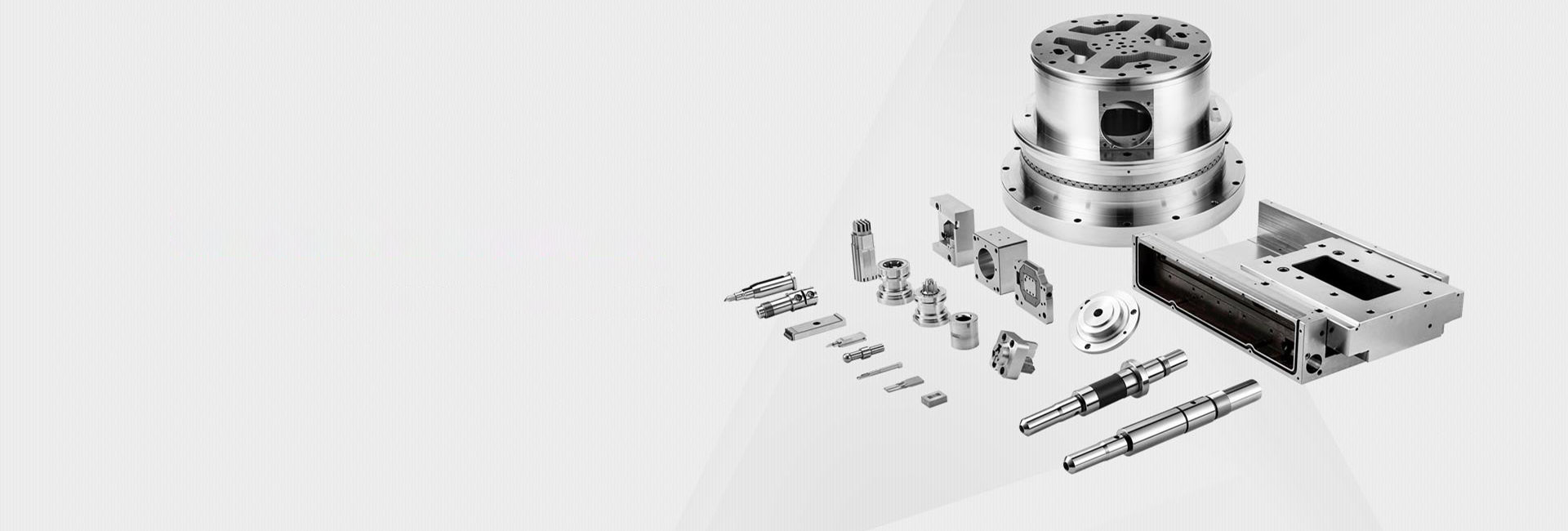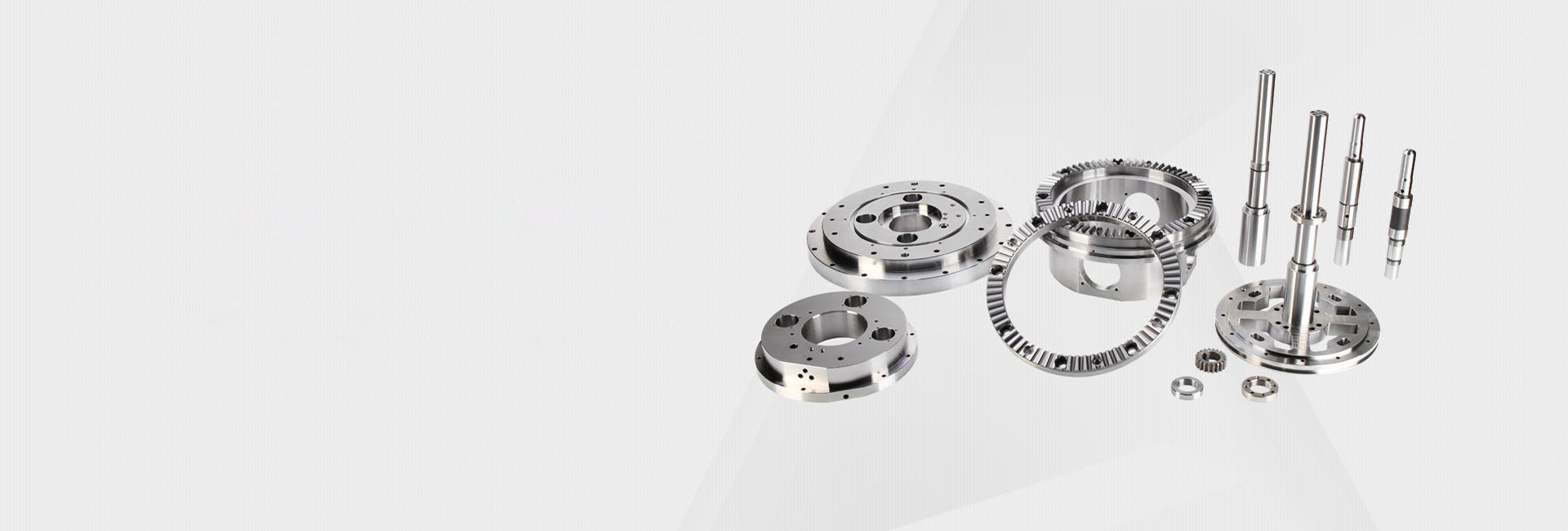Methods to Reduce CNC Machining Costs: A Guide for Small Businesses
Hello everyone! I’m the editor, with 10 years of focus on the CNC field. Today, let’s talk about something practical: how can small businesses reduce CNC machining costs? After all, we should spend money where it counts! But some friends who are new to this field have no idea what to do. Don’t worry—this in-depth guide will walk you through cost-saving steps, from material selection to programming optimization. Hope it helps you! 😊
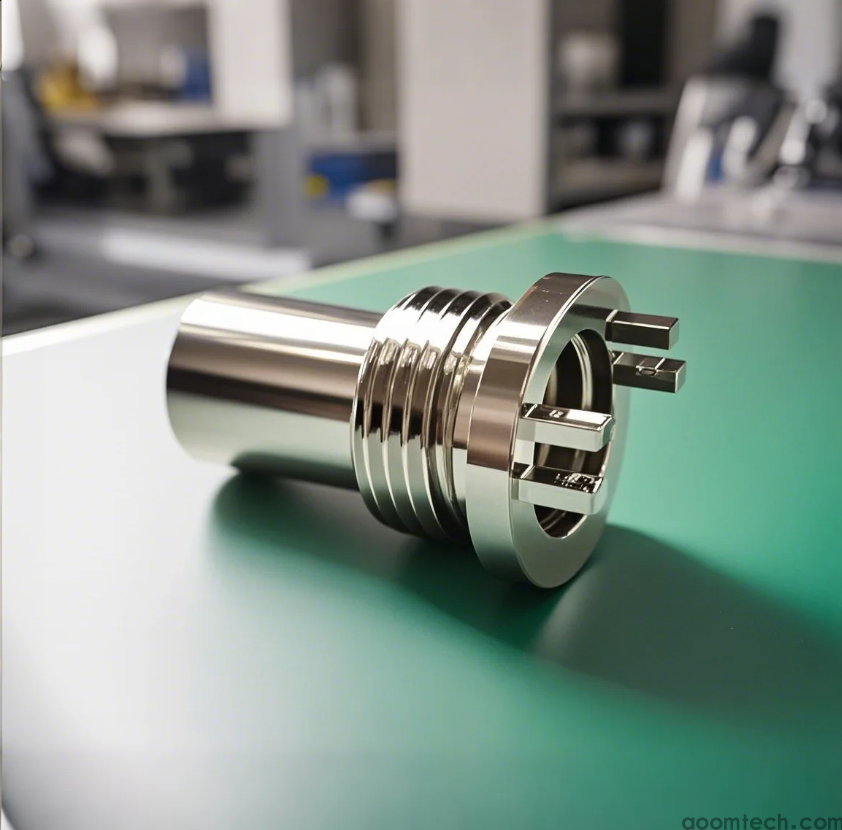
▍First, Understand the Basics: What Exactly is CNC Machining?
CNC (Computer Numerical Control) machining essentially uses computers to control precision machine tools for operations such as metal cutting and mold making. It is far more accurate than manual machining, but the equipment is expensive and requires high-level maintenance. Therefore, cost control becomes a "life-or-death line" for small businesses. In my opinion, cost-saving is not about being stingy; it’s about reducing waste through technical optimization. For example, improving programming strategies can directly lower working hours and material waste.
▍Core Cost-Saving Methods: 4 Tips for Immediate Results
1. Material Selection and Optimization
Not all metals are suitable for your parts! For instance:
- 6061 Aluminum Alloy: Easy to machine, corrosion-resistant, suitable for aerospace parts, and moderately priced.
- 45 Steel: High strength, good machinability, suitable for gears and shafts, but requires longer machining time.
My advice: Don’t just look at the unit price when choosing materials! Consider comprehensively—materials that are easy to machine can save labor costs, making them more cost-effective in the long run.
2. Programming and Machining Route Optimization
CNC machines operate via G-code programming, and route planning directly affects efficiency. For example:
- Reduce Idle Travel: The shorter the tool movement path, the more energy and time you save.
- Use Subprograms for Repeated Calls: Avoid repetitive programming during batch processing.
Here’s a self-posed question: How to verify if a machining route is optimal? — Run it through simulation software first, such as FANUC CNC Guide. This helps identify path errors in advance and avoid waste!
3. Equipment and Tool Management
Tool wear is a hidden cost! I’ve seen many factories face part scrapping just because they didn’t replace worn tools in time.
- Regular Machine Maintenance: Although CNC machines have high maintenance requirements, daily upkeep can extend their service life.
- Use Multi-Functional Machine Tools: For example, 5-axis turn-mill centers can complete multiple processes in one setup, saving both time and effort.
4. Efficient Strategies for Small-Batch Production
CNC machining is suitable for small-batch, multi-variety production—but how to maximize efficiency?
- Modular Fixture Design: Reduce the cost of custom fixtures.
- Program Version Management: Use DNC software (e.g., CIMCO DNC-Max) to centrally store and call codes, avoiding repetitive programming.
▍Exclusive Cost-Saving Guide for Small Businesses
Small businesses have limited resources, so don’t blindly follow large factories in spending heavily! I recommend focusing on two aspects:
- Localized Supply Chains: For example, find local CNC contract manufacturers to reduce transportation costs and communication losses.
- Graded Testing Costs: First conduct small-batch trial production to verify programs and quality before scaling up, avoiding large-scale part scrapping.
Real case: An electronics factory used CNC to make casings, with an initial material waste rate of 30%. Later, they optimized cutting parameters and adopted drip-feed transmission technology, saving over 20,000 yuan in material costs per month! So, the details determine success or failure.
▍Warning: Avoid These Mistakes!
- ❌ Choosing cheap cracked software: Pirated DNC tools, for example, often cause transmission interruptions and lead to part scrapping.
- ❌ Neglecting employee training: Even with top-tier equipment, it’s useless if operators don’t understand programming optimization.
- ❌ Adopting a one-size-fits-all approach to material selection: For example, pursuing high strength but using hard-to-machine steel will only increase labor costs.
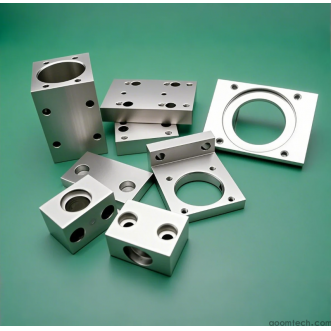 How is the price calculated fo
How is the price calculated fo
 How Does a High-Precision CNC
How Does a High-Precision CNC
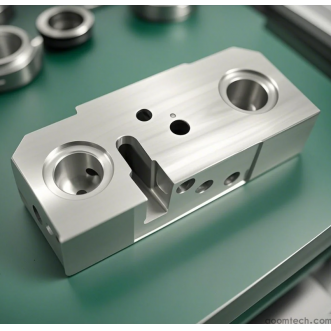 What Factors Affect CNC Machin
What Factors Affect CNC Machin
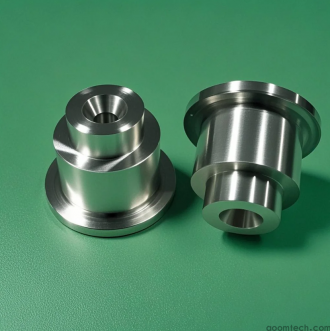 How to Choose a Supplier for C
How to Choose a Supplier for C

